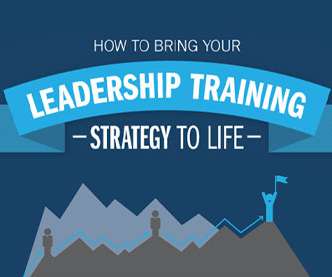The Unspoken Role of Confidence in Leadership
Great Leadership By Dan
MAY 16, 2019
Whilst leading the organisation does often come with a title – like CEO or Managing Director – leading a group of people does not. This type of confidence is long-term and highly effective, especially when combined with the ability to project external confidence to others.












Let's personalize your content